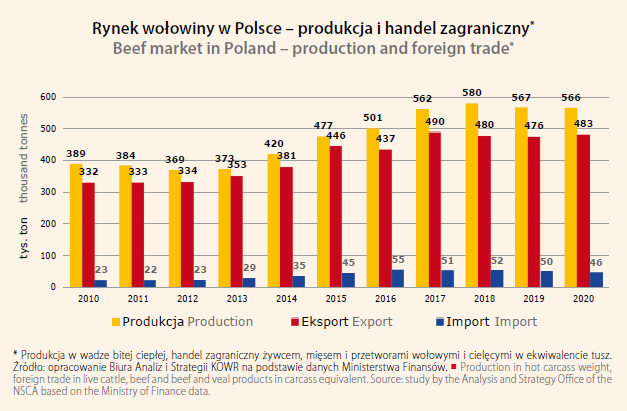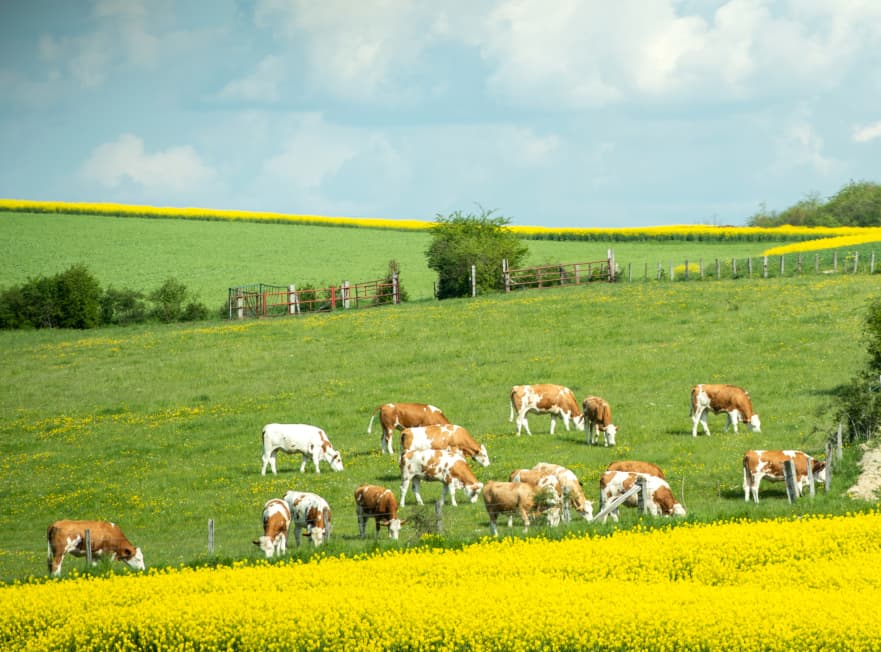Polish Beef: A Review Of The Automotive Scene In Poland
Polish Beef: A Review of the Automotive Scene in Poland
Polish Beef: A Review of the Automotive Scene in Poland

Poland’s automotive landscape is undergoing a dramatic transformation. Once dominated by Soviet-era vehicles and limited domestic production, the country now boasts a vibrant mix of international brands, innovative startups, and a growing domestic automotive industry. This dynamic environment presents an exciting opportunity for car enthusiasts and investors alike, and understanding the nuances of the Polish market is crucial for navigating this exciting journey.
From Trabants to Teslas: A Journey of Transformation
The Polish automotive landscape has come a long way since the days of the iconic Trabant, the East German microcar that once symbolized socialist transportation. The fall of the Berlin Wall opened the floodgates to Western brands, and the country quickly embraced the latest models from established names like Volkswagen, Ford, and Toyota. This influx of foreign vehicles led to a surge in consumer demand, fueling a boom in car sales and creating a robust market for both new and used vehicles.
However, the Polish automotive story is not solely defined by imported cars. The country has a rich history of domestic production, with brands like FSO (Fabryka Samochodów Osobowych) and Polski Fiat leaving their mark on the road. While these brands have faced challenges in recent years, a new wave of Polish automotive startups is emerging, driven by innovation and a desire to create vehicles that reflect the country’s unique identity.
A Glimpse into the Polish Automotive Market
Table of Content
The Polish automotive market is characterized by its resilience and dynamism. Despite facing economic challenges in the past, it has consistently ranked among the top car markets in Central and Eastern Europe. This success is driven by several factors:
- Growing Purchasing Power: The Polish economy has experienced consistent growth in recent years, leading to an increase in disposable income and a rise in demand for automobiles.
- Favorable Government Policies: The Polish government has implemented policies to encourage car ownership, including tax breaks and incentives for purchasing new vehicles.
- Strategic Location: Poland’s central location in Europe makes it an ideal hub for both manufacturing and distribution, attracting automotive giants to establish production facilities within the country.

The Rise of Electric Vehicles
- Club Chicken: A Review Of The Feathered Fleet
- The Great Green Machine: A Comprehensive Review Of The Gambar Vegetable
- Hydroponic Kangkong: A Review Of The Vehicle For Sustainable Farming
- The Art Of The Saute: Mastering The Technique For Flavorful Vegetables
- The Great Chicken Sandwich Showdown: A Review Of Pollo, Chick-fil-A, And More
The Polish government has recognized the importance of transitioning to a sustainable future and has set ambitious goals for the adoption of electric vehicles. This commitment is reflected in the implementation of various policies, including financial incentives for purchasing electric cars and the development of charging infrastructure across the country. As a result, the electric vehicle market in Poland is experiencing rapid growth, with several international brands establishing a strong presence and local startups making their mark.
A Look at the Leading Players
The Polish automotive market is a diverse landscape with a mix of established brands and rising stars. Here’s a closer look at some of the key players:

International Brands:
- Volkswagen: The German giant holds a dominant position in the Polish market, with a wide range of models catering to diverse customer needs.
- Toyota: Known for its reliability and fuel efficiency, Toyota enjoys a strong reputation in Poland, attracting buyers seeking practical and durable vehicles.
- Ford: The American automaker has a long history in Poland, with a significant manufacturing presence and a loyal customer base.
- Skoda: The Czech brand, owned by Volkswagen, offers a compelling combination of value for money and practicality, making it a popular choice among Polish consumers.
Domestic Brands:
- FSO: While FSO has faced challenges in recent years, it remains a symbol of Polish automotive heritage. The brand is currently undergoing a revival, with plans to introduce new models and re-establish itself in the market.
- Polski Fiat: This joint venture between Fiat and the Polish government produced iconic models like the Polski Fiat 126p and the Fiat 125p, which played a significant role in shaping the country’s automotive landscape.
- Arrinera Automotive: This Polish startup is making waves in the supercar segment, offering high-performance vehicles that are gaining international recognition.
- Izera: This ambitious project aims to establish a fully electric car brand in Poland, with plans to produce affordable and sustainable vehicles for the domestic market.
- Club Chicken: A Review Of The Feathered Fleet
- The Great Green Machine: A Comprehensive Review Of The Gambar Vegetable
- Hydroponic Kangkong: A Review Of The Vehicle For Sustainable Farming
- The Art Of The Saute: Mastering The Technique For Flavorful Vegetables
- The Great Chicken Sandwich Showdown: A Review Of Pollo, Chick-fil-A, And More
The Future of Polish Automotive
The Polish automotive industry is poised for continued growth and innovation. With its strong domestic market, favorable government policies, and a growing talent pool, Poland is well-positioned to become a leading player in the global automotive landscape.
Challenges and Opportunities
While the future looks bright, the Polish automotive industry faces several challenges:
- Competition from Established Players: The market is highly competitive, with established international brands holding a strong presence.
- Supply Chain Disruptions: The global supply chain disruptions caused by the COVID-19 pandemic have impacted the production and availability of vehicles in Poland.
- Technological Advancements: The rapid pace of technological advancements, particularly in areas like electric vehicles and autonomous driving, requires significant investments and adaptation from Polish manufacturers.
However, these challenges also present opportunities:
- Developing a Competitive Edge: Polish manufacturers can differentiate themselves by focusing on niche markets, specializing in specific vehicle types, or developing innovative technologies.
- Leveraging Government Support: The Polish government is actively supporting the automotive industry through financial incentives, infrastructure development, and research grants.
- Attracting Foreign Investment: The country’s strategic location and growing economy make it an attractive destination for foreign investors seeking to establish manufacturing facilities or develop partnerships with Polish companies.
Conclusion
The Polish automotive industry is undergoing a period of exciting transformation. From the legacy of domestic brands to the rise of innovative startups, the country is embracing the future of mobility with a mix of tradition and ambition. While challenges remain, the potential for growth and innovation is undeniable. As the Polish automotive landscape continues to evolve, it will be fascinating to witness the emergence of new brands, the development of cutting-edge technologies, and the journey towards a more sustainable and connected future of mobility.
sure
Thus, we hope this article has provided valuable insights into Polish Beef: A Review of the Automotive Scene in Poland. We hope you find this article informative and beneficial. See you in our next article!
Posting Komentar untuk "Polish Beef: A Review Of The Automotive Scene In Poland"